About Urban Recovery
When you arrive at Urban Recovery, one of the best inpatient addiction treatment facilities in New York, the intake coordinator will help you get started with admission. A nurse will take your vitals and medical history. They will do a urine sample to see what substances you are taking so they can create a detox plan. Your valuables are kept securely in a safe during treatment.
You may be able to start detox or residential treatment right away, depending on the results of your intake. You’ll get group and individual therapy as well a meals, laundry service, multiple daily air walks and the use of a personal iPad. During your time here though, you’ll develop essential skills recovery strategies that will guide you even after you complete your program.
From the time you start recovery until the time you leave, you’ll work with your team to establish an aftercare plan that will help you move through recovery even after you leave the program here. These aftercare plans are individualized and uniquely tailored to your recovery needs.
The checkered brick building where Urban Recovery operates out of is newly built, welcoming, and features a modern yet home like feel. From the shared bedrooms to the community rooms to the rooftop, you’ll have different spaces where you can focus on your recovery and build the skills that will guide you once you complete your program.
Facility Overview
Latest Reviews
We are grateful that had such a nice experience! We strive for helping individuals on their road to recovery.
For the most accurate and up-to-date information, including current photos of our space and services, please visit our official website at www.urbanrecovery.com
We appreciate your feedback and patience as we make these updates.
~Urban Recovery Team
Thank you for taking the time to share your feedback. We are truly sorry to hear about your discomfort during your stay and regret that you felt unsupported in that moment. Your experience is important to us, and we want to clarify the steps we have in place to protect both safety and comfort.
While ginger ale is not part of the standard beverages we provide, clients may bring in approved drinks such as ginger ale, Gatorade, or Ensure to support their individual needs during detox. For stomach upset, we offer daily soup options, broth upon request, and medical support including anti-nausea medications when needed. These measures are in place to ensure clients have access to safe, appropriate care while also maintaining our food safety protocols.
Regarding your concern about staff sharing personal items between clients, our policy does not allow the exchange of property or food between participants. This is not about lack of compassion but about maintaining healthy boundaries and preventing potential safety or contamination risks.
We are glad to hear that you had positive interactions with several of our staff members, and we will continue to reinforce with our team the importance of timely, compassionate communication. We sincerely hope your next experience in treatment provides you with the comfort and care you deserve.
Sincerely,
Urban Recovery
Rehab Score
Gallery
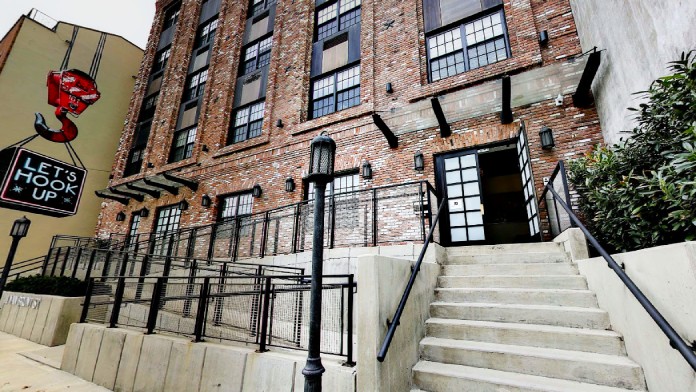
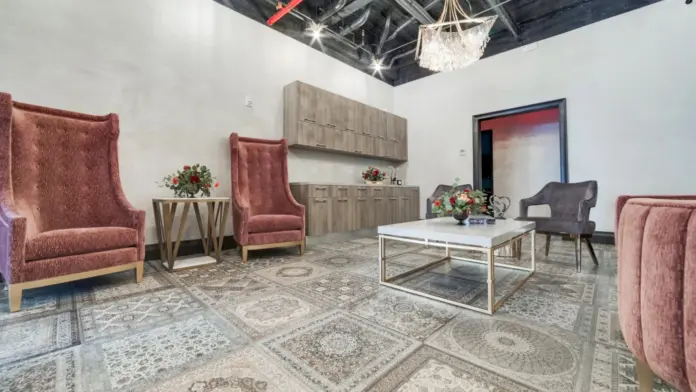
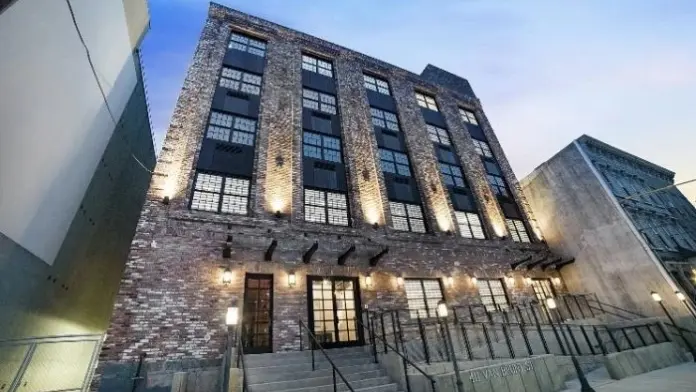
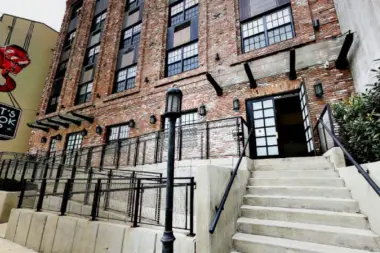
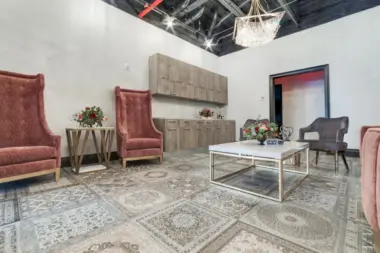
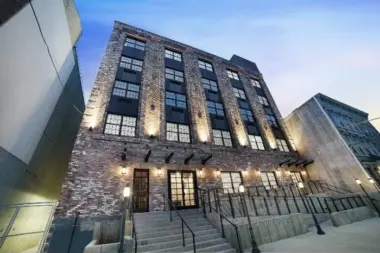
Accepted Insurance
Other Forms of Payment
Private insurance refers to any kind of healthcare coverage that isn't from the state or federal government. This includes individual and family plans offered by an employer or purchased from the Insurance Marketplace. Every plan will have different requirements and out of pocket costs so be sure to get the full details before you start treatment.
Self-pay involves paying for treatment out of your own pocket. You can use savings or credit, get a personal loan, or receive help from family and friends to fund your treatment. If you don't have insurance or your insurance plan doesn't cover a specific program, self-pay can help ensure you still get the care you need.
Financial aid can take many forms. Centers may have grants or scholarships available to clients who meet eligibility requirements. Programs that receive SAMHSA grants may have financial aid available for those who need treatment as well. Grants and scholarships can help you pai for treatment without having to repay.
Medicare is a federal program that provides health insurance for those 65 and older. It also serves people under 65 with chronic and disabling health challenges. To use Medicare for addiction treatment you need to find a program that accepts Medicare and is in network with your plan. Out of pocket costs and preauthorization requirements vary, so always check with your provider.
Medicaid is a state based program that helps lower-income individuals and families pay for healthcare. Medicaid covers addiction treatment so those enrolled can use their coverage to pay for rehab. When a program accepts Medicaid the client often pays very little or nothing out of their own pocket.
Private insurance refers to any kind of healthcare coverage that isn't from the state or federal government. This includes individual and family plans offered by an employer or purchased from the Insurance Marketplace. Every plan will have different requirements and out of pocket costs so be sure to get the full details before you start treatment.
Addiction Treatments
Levels of Care
Drug and alcohol addiction often takes a heavy toll on one's body. Over time, a physical dependence can develop, meaning the body physiologically needs the substance to function. Detox is the process of removing drugs and/or alcohol from the body, a process that can be lethal if mismanaged. Medical detox is done by licensed medical professionals who monitor vital signs and keep you safe, healthy, and as comfortable as possible as you go through detox and withdrawal. The length of stay at the detoxification program is determined according to the specific needs of the patient.
A partial hospitalization program (PHP) is a short-term form of intensive rehab, usually for those with acute symptoms that are hard to manage but don’t require 24-hour care. PHPs have structured programming (i.e. individual and/or group therapy), and usually meet 3-5 days a week for around 6 hours (i.e. 9am-3m). Some PHPs are residential (patients sleep on site) and some are not, so patients sleep at home. PHPs can last from 1-6 months, and some offer transportation and meals.
Outpatient rehabs offer an intermediate level of care for clients who do not require the kind of intensive supervision and support an inpatient program typically provides. Many clients transition into outpatient care immediately after exiting inpatient treatment. Others enter outpatient programs upon completing detox. Some facilities offer ambulatory medical detox for clients who do not require hospitalization. Most outpatient rehabs offer a combination of services, including addiction counseling, life skills training, and medication assisted treatment (MAT).
Inpatient rehabs provide a space for clients to focus exclusively on their recovery while receiving intensive supervision and support. Inpatient treatment centers provide housing and food and most offer round-the-clock clinical care. Their primary treatment modalities typically consist of addiction counseling using various psychotherapeutic methods, including CBT, DBT, RBT, and motivational interviewing. Many rehabs also provide specialized services for clients with co-occurring addiction and mental illness. Recovery-focused life skills training and holistic therapies are other common services.
Clients who enroll in an intensive outpatient program (IOP) are typically either in early recovery or are experiencing a crisis that increases their relapse risk. These programs promote clients' sustained sobriety through robust support, including multiple, extended care sessions per week. Intensive outpatient treatment often encompasses an array of services, including psychotherapy, recovery education, and evidence-based holistic therapies, such as acupuncture and meditation. Many outpatient rehabs also offer medication assisted treatment (MAT).
Clients in rehab aftercare programs receive a customized portfolio of services designed to promote their sustained sobriety. These clients have completed high-level treatment, are typically exiting detox and/or intensive inpatient care and are reintegrating into their home, workplace, and community. Rehab aftercare services address addiction disease as a chronic condition requiring continuing care. Clients typically work with case managers and recovery teams to access necessary resources, such as peer coaching and 12 step program induction support.
A drug intervention in New York occurs when family members and friends lovingly confront someone with a substance use disorder. The goal of this confrontation is to motivate the person to seek treatment. Loved ones point out how the person's destructive behavior is affecting them in hopes that they will agree to get help. Most inpatient rehab facilities offer intervention services that can help families walk through this process step by step.
For many different stages and therapies offered during addiction treatment, it's essential to offer 24-hour clinical care in New York. often involves medication treatment for drug or alcohol detox. The withdrawal symptoms experienced during detox can be dangerous, but having medical experts on-site around the clock means someone is always there to step in and provide emergency medical care when and if it is ever needed.
Treatments
Substance rehabs focus on helping individuals recover from substance abuse, including alcohol and drug addiction (both illegal and prescription drugs). They often include the opportunity to engage in both individual as well as group therapy.
Alcohol rehab in New York can help individuals overcome alcoholism. This alcohol addiction is characterized by drinking alcohol compulsively, being unable to control how much you drink, and feeling anxious or stressed when you're not drinking. Treatment for alcohol addiction may involve brief intervention, an outpatient program, or inpatient alcohol rehab in New York. The main goal of treatment is to stop alcohol use to improve quality of life.
Dual-diagnosis addiction treatment programs in New York provide complete and holistic care for individuals with co-occurring substance use disorders and mental health conditions. These specialized programs are available on an inpatient and outpatient basis, depending on your individual needs. Addiction experts at these facilities can treat both conditions at the same time using a combination of evidence-based therapies, individual counseling, recovery groups, educational workshops, and family support.
Mental health and addiction rehab programs, known as dual diagnosis centers, offer specialized treatment plans that are tailored to meet the individual needs of every client. These treatment programs are designed to simultaneously address the unique challenges of co-occurring mental health disorders and addiction. The customized treatment plans in a dual diagnosis center are based on your medical history, substance use disorder, mental health condition, and personal recovery goals.
Programs
Young adulthood can be an exciting, yet difficult, time of transition. Individuals in their late teens to mid-20s face unique stressors related to school, jobs, families, and social circles, which can lead to a rise in substance use. Rehab centers with dedicated young adult programs will include activities and amenities that cater to this age group, with an emphasis on specialized counseling, peer socialization, and ongoing aftercare.
Clinical Services
Men and women in New York undergoing one on one individual therapy for drug and alcohol addiction treatment will address the unique psychological and emotional aspects that are often associated with addiction triggers. Your therapist helps you build a relapse prevention plan and set achievable goals to improve your mental health and achieve long term sobriety.
Group therapy is any therapeutic work that happens in a group (not one-on-one). There are a number of different group therapy modalities, including support groups, experiential therapy, psycho-education, and more. Group therapy involves treatment as well as processing interaction between group members.
Introduced in 1983, motivational interviewing is a method to help clients commit to change. It's based on the philosophy that change is hard, and clients must explore their own options and come to their own conclusions rather than receive warnings or advice from the therapist.
Family therapy helps individual members of the family unit navigate the complexities of addiction. Therapists provide you with the tools you need to improve communication skills and conflict resolution. When families work together, they can support their loved one's recovery and help to restore balance and harmony within the household.
As you recover from addiction, eating the right foods will help you heal and build your health for long term sobriety. Nutrition therapy teaches you about the nutrition your body needs and how to eat the right foods to support your recovery.
Nicotine is an addictive substance found in cigarettes. When you stop smoking, your body experiences withdrawal from this substance. Nicotine replacement therapy lets you slowly reduce your nicotine intake so you experience minimal withdrawal symptoms. Eventually you'll be down to zero.
Cognitive behavioral therapy (CBT) in New York is a short term therapeutic method used to treat substance use and mental health disorders. CBT typically lasts from five to 20 sessions, based on the individual's needs.
During dialectical behavior therapy in New York, you and your therapist will look for triggers and patterns that are guiding your emotions. This involves keeping a diary of your emotions and situations and sharing this each week with the therapist. This information will determine what you work on in each session.
Amenities
-
Residential Setting
-
Private Rooms
-
Recreation Room
Staff & Accreditations
Staff
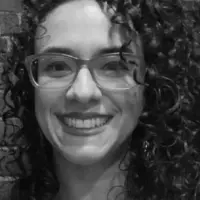
Amy Sirken
Program Director

Dr. Ramsey Joudeh
Medical Director

Joseph Turkel
Assistant Medical Director
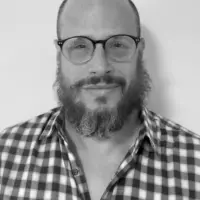
Joe Nevenansky
Director of Advertising & Business Development
Accreditations

The Commission on Accreditation of Rehabilitation Facilities (CARF) is a non-profit organization that specifically accredits rehab organizations. Founded in 1966, CARF's, mission is to help service providers like rehab facilities maintain high standards of care.
CARF Accreditation: Yes

LegitScript has reviewed Urban Recovery as part of their certification program, and has determined that it meets the LegitScript standards for legality, safety and transparency.
LegitScript verified in July 2022
Contact Information
411 Van Brunt Street
Brooklyn, NY 11231




